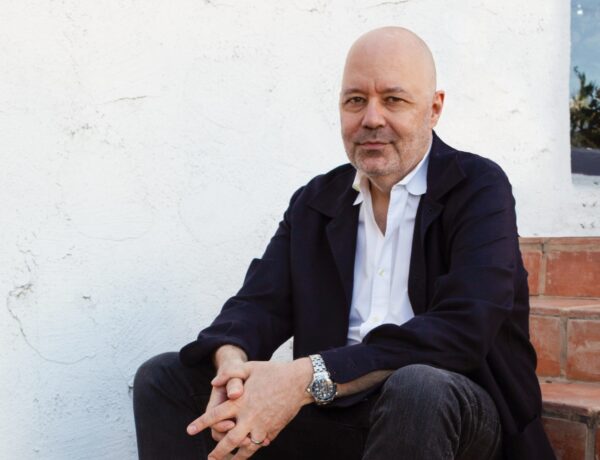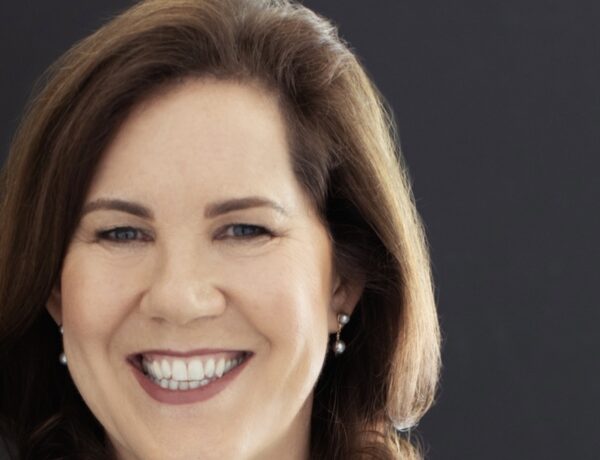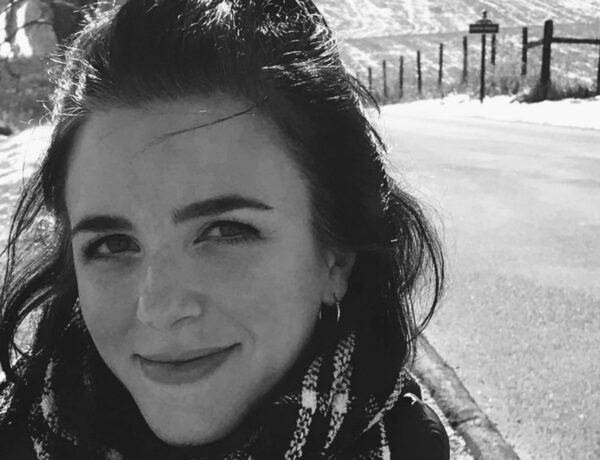Carrie Battan is a staff writer at the New Yorker and has contributed to GQ, Elle, the New York Times, New York Magazine, and more. Her work was featured in the most recent edition of The Best American Travel Writing. She lives in New York.
Hi Carrie! We’re delighted to have you as a guest on Famous Writing Routines. For our readers who may not be familiar with your work, could you please give us a brief introduction to yourself?
Sure! I’m a staff writer at the New Yorker, and I also freelance for places like GQ and Elle. I write criticism and reported features, mostly about culture.
Can you tell us about your writing routine and how you manage to balance your work as a staff writer at The New Yorker and contributing to other magazines?
I believe that you have to treat writing like a job and just show up to your desk every day, punch your time card and write. Writing should become habitual enough that it doesn’t feel like this demon lurking behind your computer screen.
Unfortunately, though, I haven’t figured out how to apply this to my own life. My routine is pretty much nonexistent. There’s not much balance, either. I tend to prioritise my work for the New Yorker because I have a contract with the magazine to fulfil and I have very strong working relationships with my colleagues there.
Outside of that, I pitch or accept assignments with other publications depending on what I’m interested in, what my New Yorker contract allows me to do, and how much money I feel that I need any given month. Then, I wait for my deadline to close in on me and begin furiously working. I am extremely motivated by deadlines, though, and I try to be timely in filing my work most of the time. The only thing worse than writing is writing while also being chased by an impatient editor.
Your writing has been featured in The New Yorker, GQ, and Elle among other publications, how do you adapt your writing style to different audiences and publications?
I find this more and more difficult as the years pass. The New Yorker’s style is pretty gentle—you can’t come out and make a point too loudly. That comes naturally to me these days and I like it. When it comes time to write a glossy monthly magazine piece, though, I have a hard time punching something up and making it voicey.
I really love that swaggering, big-personality magazine voice, but it’s tough for me to find sometimes because I’m a self-conscious person. The best way for me to get in the mode of a different magazine is to revisit some of my favourite old stories they’ve published.
You have a background in working at Google, how has that experience influenced your writing and perspective?
I loved having a day job while also being a freelance writer. The work itself was completely different from journalism, which was great because I got to exercise my brain in different ways. It also allowed me a form of financial freedom that relieved the pressure from writing. And having a full-time day job really puts your desires to the test—if you want to write, you have to make the time for it.
The arrangement gave me a gut check that affirmed my interest in writing. And I’ve never been so self-disciplined as when I was balancing writing with a full-time job. Hmm… any tech companies out there hiring? Just kidding! Sort of.
How do you approach the research and reporting process for your articles?
I try to get a really comprehensive sense of a subject by reading as much as possible about the subject first. When it comes to writing about a piece of art, whether it’s an album or a television show, I like to experience it without reading too much or thinking too hard about it first, so I can get a sense of my own instinctual response to it.
I’m an impressionable person and find myself absorbing other people’s opinions quite readily, so I try to engage with the work before I’ve allowed other people’s thoughts to cloud my thinking. Then I do the work of contextualising it with research.
In the last few years I’ve found that podcast interviews are great research tools when preparing to write a reported feature. If someone has done a podcast interview it usually hasn’t been sound-bitten and aggregated to death online already, and you get a sense for someone’s conversational style. It’s also a great way to mainline information while doing chores or walking around.
Can you share any specific techniques or rituals you have for getting into a creative mindset before starting a new writing project?
I engage in a lot of embarrassing woo-woo practices that I try not to discuss with anyone because I don’t want them to respect me less. I meditate every day, I use mantras, I’ve done “The Artist’s Way” multiple times. I’m not sure if any of this makes me a more productive or creative person, but I do find there is something emotionally fortifying about the pursuit of a clear head.
I also can’t really get started on a writing project without doing some form of physical exercise first. But truly, the best way for me to get in the right writing headspace is to read really great writing by writers I admire. It ignites a twinge of awe and jealousy in me that motivates me to get working. Inferiority is a powerful drug.
Can you talk about any challenges you’ve faced as a writer and how you’ve overcome them?
The biggest challenge that exists these days is the nagging question of whether the work matters anymore—whether anyone will carve out a few moments of their day to read a piece you’ve written instead of looking at social media or watching HBO or whatever.
But I have come around to the idea that an audience of 10 people is just as meaningful as an audience of 100,000, as long as those 10 people get something out of it. Composing a thoughtful email to a handful of friends is just as gratifying—maybe more gratifying?—as writing a story that goes wide.
I started my career as a full-time music writer, which was an accident. I never had serious aspirations to be a music journalist, but it happened to become the work that people knew me for because music writing was my first real job in media. As a result, editors and readers generally think of me as a music writer, which is fine, but it means that it can be a challenge to get out of that box.
Once you write about one subject people tend to expect you to write about it forever. (For example, I wrote about Grimes early on in my career, and in a two-year span I must have had 15 different editors ask me to write about Grimes.) The way I overcome the pigeonholing effect is just by pitching pieces about other subjects I’m excited about.
What does your writing workspace look like?
I recently moved to a new apartment so my writing space is in flux. I’m trying to cultivate an aesthetically pleasing and cosy desk setup in the hopes that it will make me more inclined to work. Of course, that probably won’t be the case, but it’s worth a shot. Yves Saint Laurent’s sawhorse desk against a corkboard and built-in cabinet backdrop is my dream. But for now, this is what my desk looks like.




No Comments